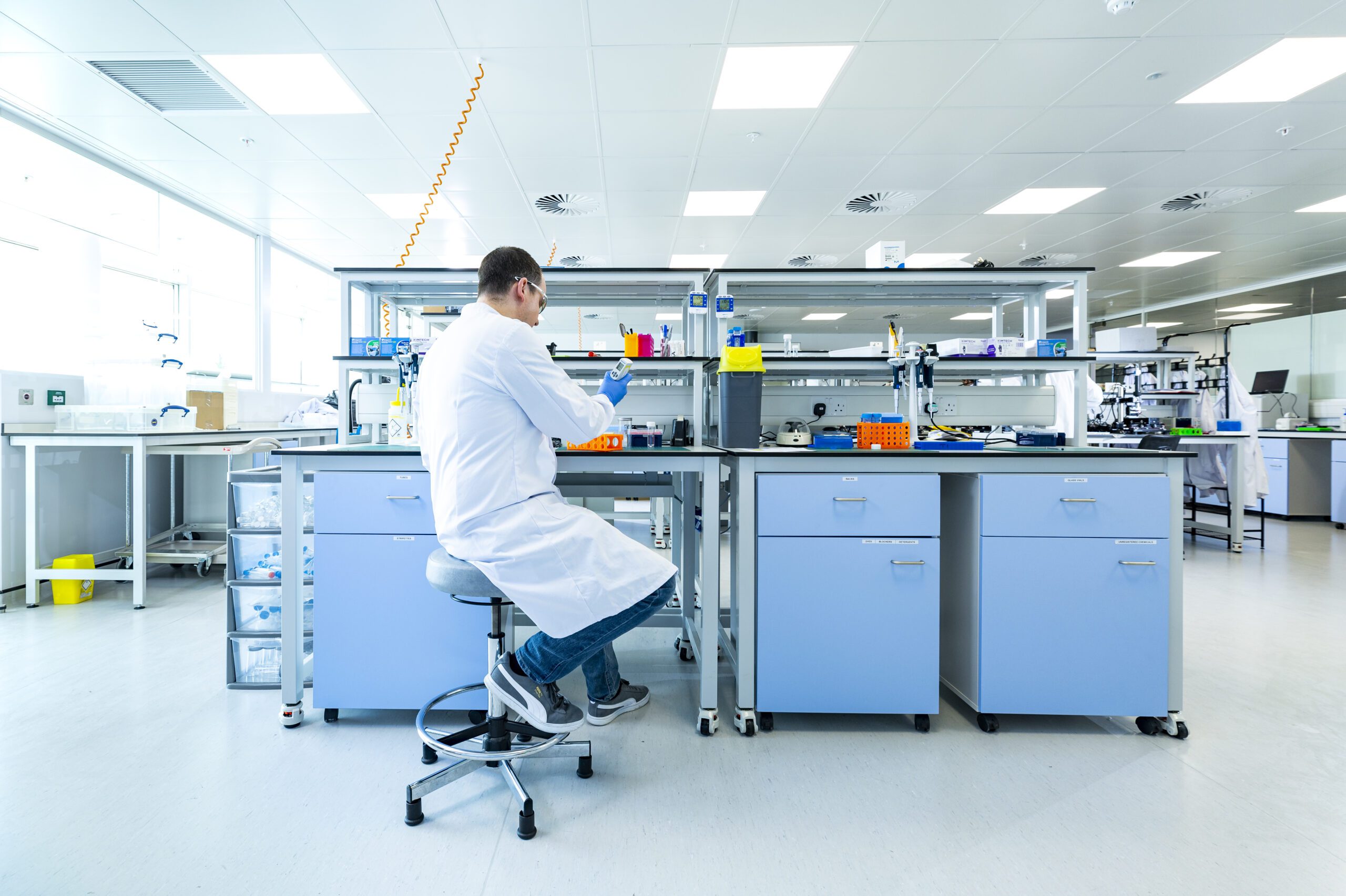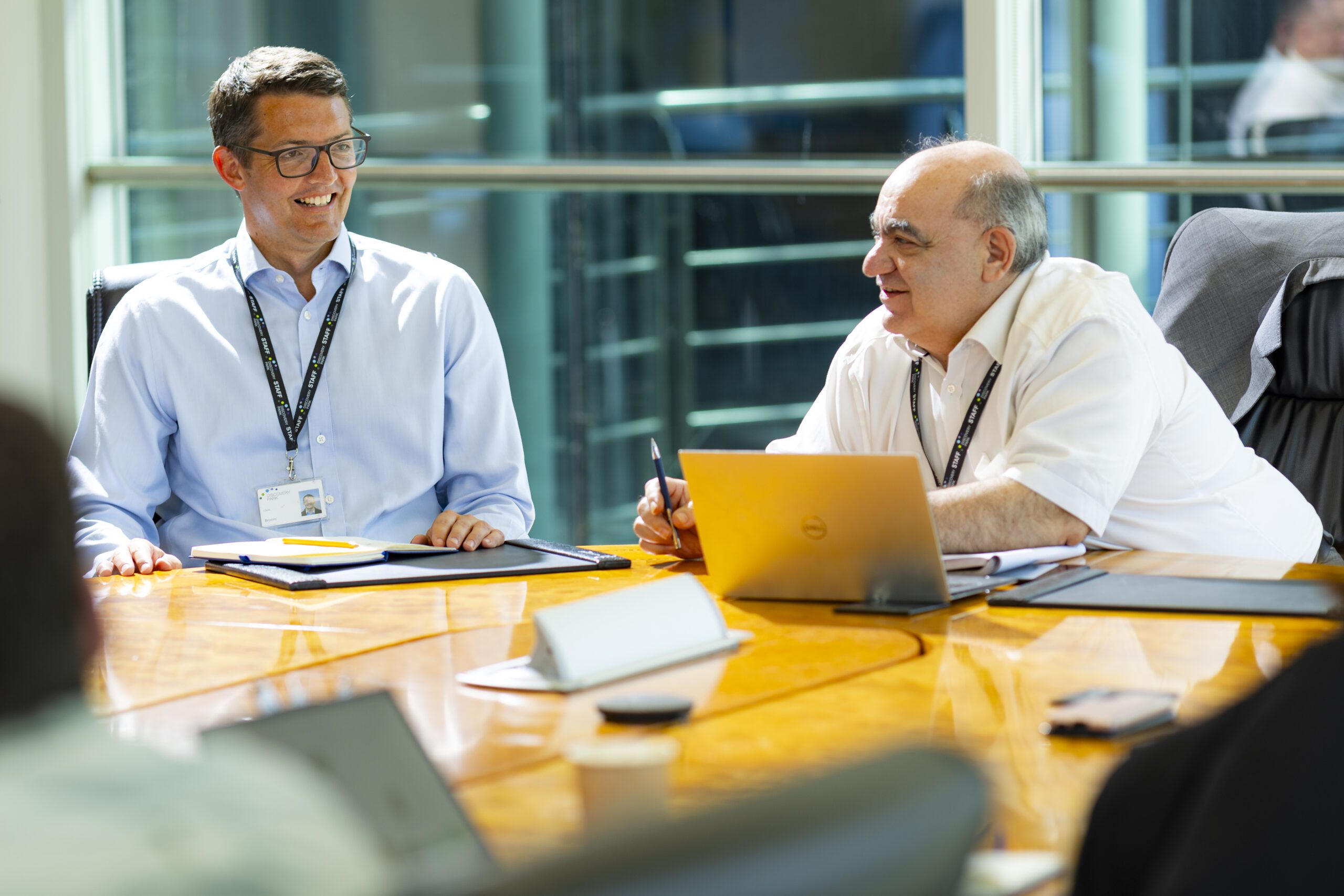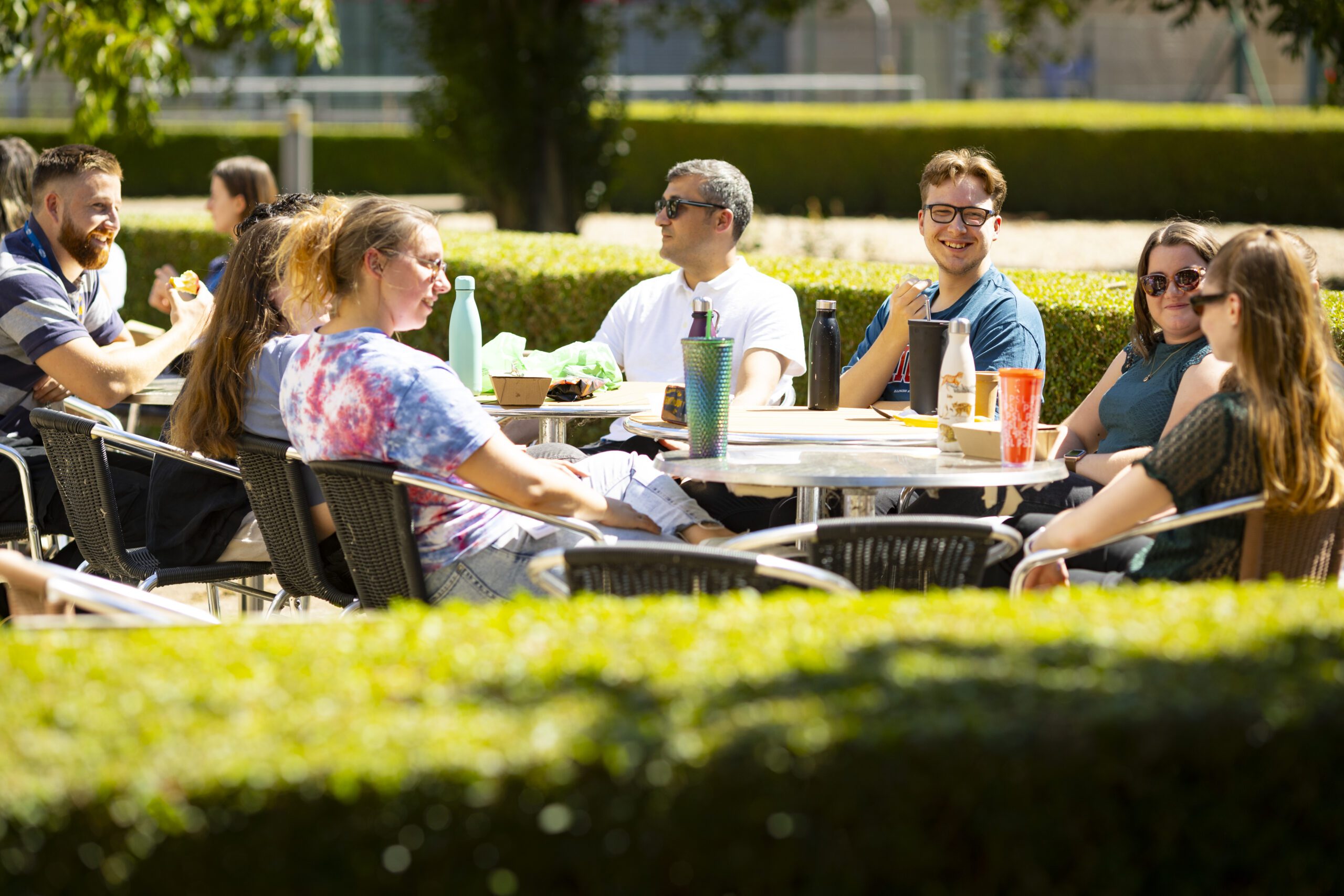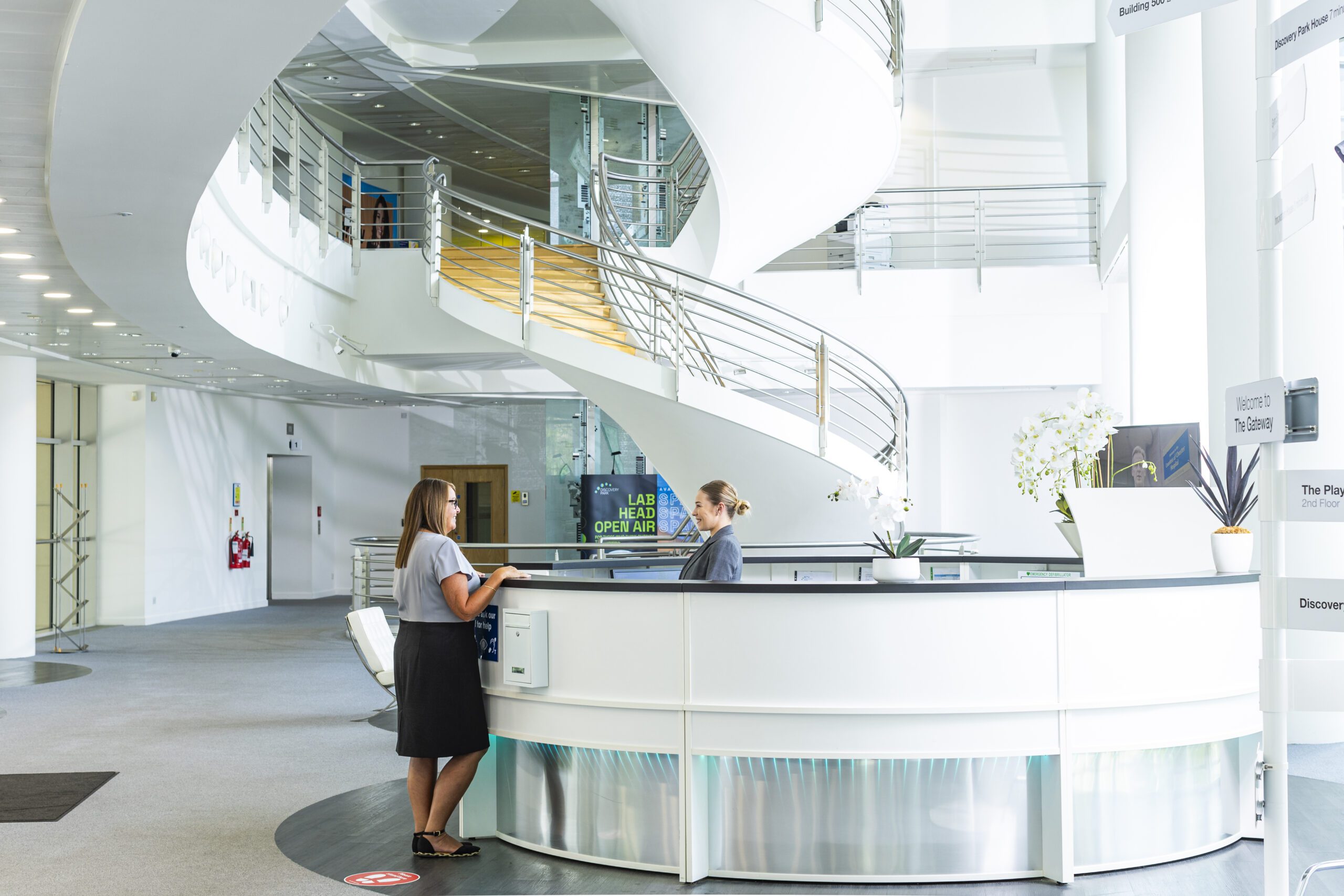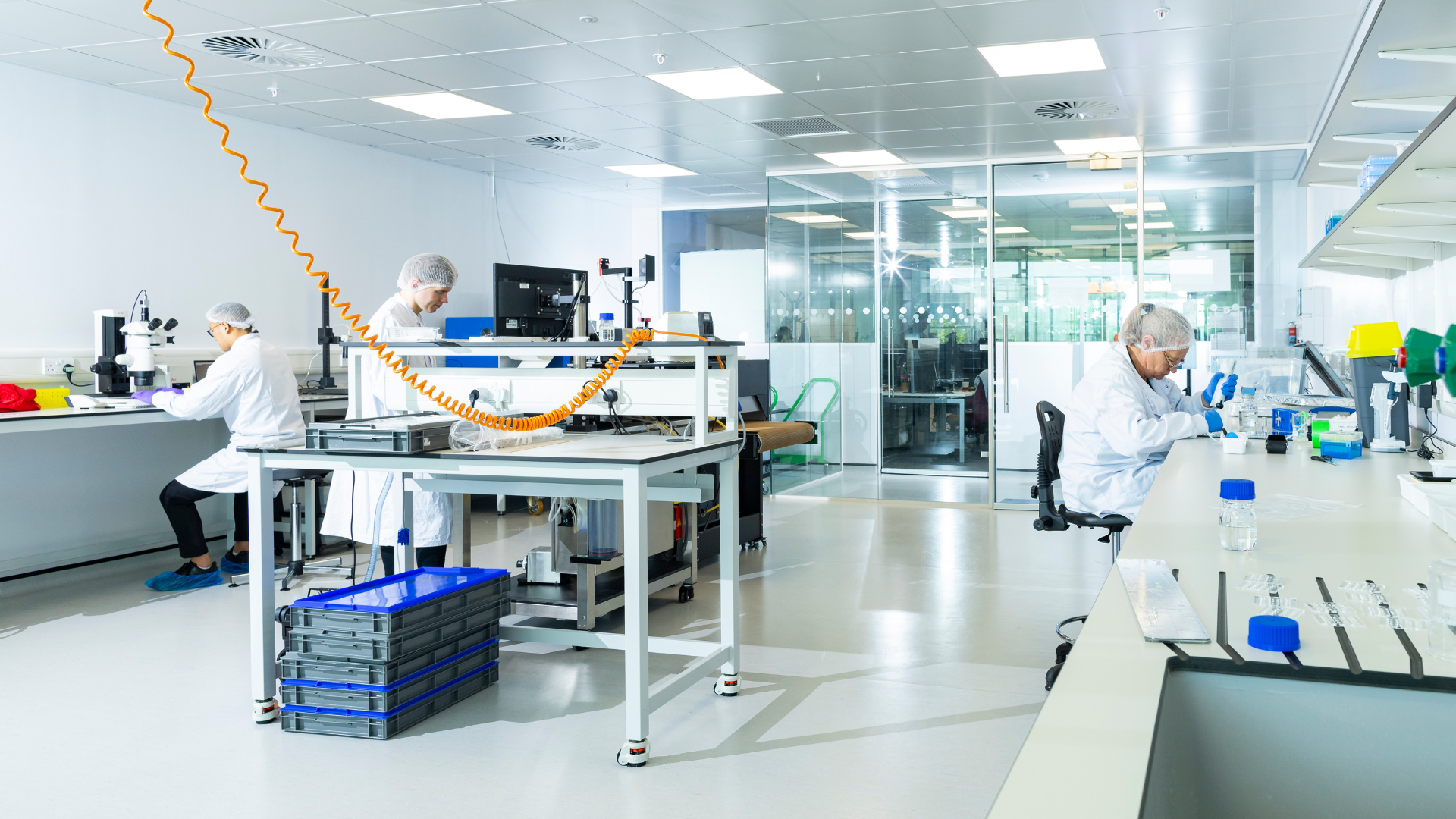The last 12 months have been challenging on every front, from Covid recovery and soaring energy prices to the slump in investment in Life Sciences, while the Government’s decision on R&D tax credits has been the most recent blow to a sector whose huge potential is being thwarted by a shortage of lab space and a lack of funding.
Ahead of the recent review, the BIA urged the government to use a light hand when altering regimes as it believed that the then SME and large company R&D set ups worked well, and now in the light of the outcome it is continuing to review the implications of the changes.
Meanwhile, information shared at the Genesis 2022 life sciences conference in London showed a fall-off in biologics innovation, a steep drop in IPO financing and described the Biopharma market as ‘still in the dumps.’
But waiting for these issues to be resolved is not an option. Science parks must continue to innovate in order to sustain future growth. We are on the brink of being a global force in life sciences and biotechnology and we can’t let this opportunity slip away now.
So what can we do in 2023 that will bring our ambitions within reach? Well, we can start by collaborating.
By forging new links and making fresh connections we can build on our successes and overcome the obstacles in our path. It is only through pooling our knowledge and resources that we will be able to move research out of academia, into clinics and ultimately create effective treatments, to the benefit of patients, companies, science parks and the UK PLC.
At Discovery Park we describe ourselves as an ‘ecosystem’ and as a ‘community thriving on collaboration’. We provide facilities; access to business services and life sciences expertise; links with further and higher education; and we foster a network of tenants who are working collaboratively to achieve their goals; but that’s not all, we also look to the wider life sciences and biotech communities in order to establish relationships that will benefit those involved.
We have recently opened our Incubation Hub – 50,000 sq ft of wet labs and workspaces where start-ups can become established – and growing and supporting this community will be one of our major areas of focus in 2023.
Helping with this will be our new Barclays Eagle Lab, which is one of the largest co-working and incubator networks for start-ups and scale-ups in the UK, supporting entrepreneurs and ambitious businesses to collaborate, innovate and grow.
We will continue to expand focus beyond the Golden Triangle and champion the important research being carried out across the whole of the country. And we will build collaborative links with the Knowledge Quarter at St Pancras, home to, amongst others, The Crick Institute and Digital Catapult. The opening of the new Thanet Parkway station in 2023 will bring these and other collaborators within a 60 minute train journey from our campus in Sandwich.
And through Discovery Park Ventures (DPV, launched in 2022 with the capacity to write over £500,000 in funding, we will forge ahead with investments in early-stage life science and technology companies, allowing them to scale at speed. Already this is backing work in the areas of microbiology, immunotherapy, anticancer research and ophthalmology, and these companies, with their potential to transform infant health, improve cancer outcomes and change eye operations for the better, are just a few examples of the cutting-edge life sciences research being carried out in the UK which must be supported if our health and economy is to improve.
So will the economic and regulatory climate change in 2023? Well that remains to be seen, but while continuing to lobby the Government on issues such as R&D tax credits and pushing for more initiatives such as the new International Science Partnership Fund, launched in by science minister George Freeman in December with the aim of supporting UK scientists working with peers around the world, we must continue to move forwards with our own initiatives, working together where we can in order to push the life sciences agenda and foster the conditions in which breakthroughs can happen and new treatments are realised without unnecessary delays.

